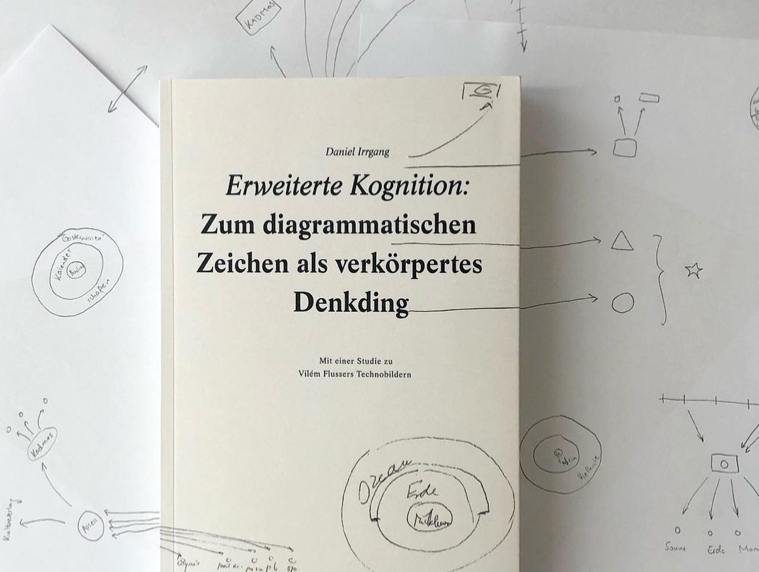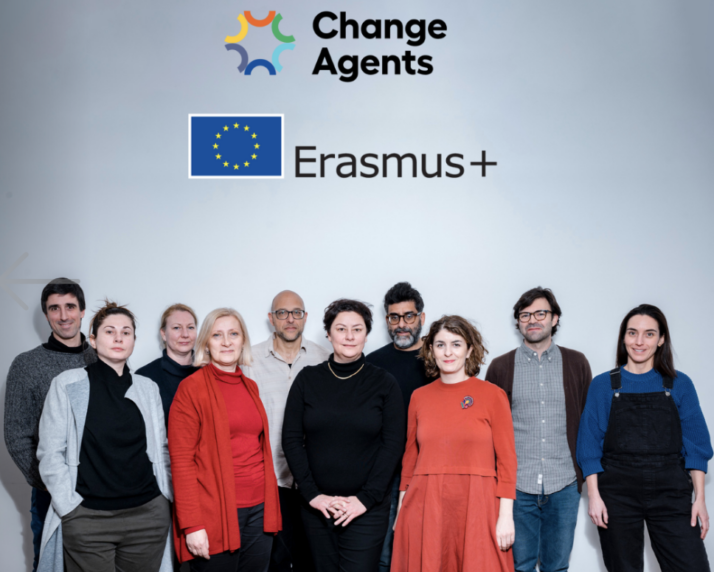Like an interface to the abstractions of the intelligible, diagrammatic representations create a surface of optical consistency and clarity. Through them, abstract things can be experienced sensually and new knowledge can be derived. But what are the conditions for the possibility of this coupling of sensuality and understanding, which is revealed in the operative iconicity of diagrammatic signs? This study posits that it is not so much imagery and visualisation of structure that are at work in diagrammatic representations, but the spatiality of the body or its sensorimotor system through which we give meaning to our environment: Projected onto a mostly two-dimensional surface, spatial categories such as inside/outside, up/down, left/right, etc. unfold their orientational functions in diagrammatic representations and turn them into powerful “means of thought” for sensually coupled thought experiments. Such an extension of diagrammatology moves it closer to phenomenology, cognitive semantics, or to current debates in cognitive science around the possibility of an embodied, enacted or extended mind. This study also moves into areas of science and technology studies that deal with instrumentalism and visualism in the sciences, thus connecting diagrammatic representations to questions of epistemology and extended hermeneutics. Finally, the study turns to a particular case of diagrammatic theory and practice: Vilém Flusser’s concept of the technical image, which, according to the thesis presented here, is directly related to his own activity of diagrammatic sketching. An activity that is documented by a large number of sketches in the estate of the Prague cultural philosopher and phenomenologist and that bears witness to a diagrammatic imagination. With the application of the previously developed extended concept of diagrammatics to this case study, a not yet explored dimension of Flusser’s work is being unlocked.
Daniel Irrgang is Marie Skłodowska-Curie Fellow at the Centre Art as Forum, University of Copenhagen. He is also associated researcher at Weizenbaum Institute in Berlin, where he was, until August 2022, postdoc in the Berlin University of the Arts research group ‘Inequality and Digital Sovereignty’. He holds a PhD in media studies on diagrammatics and expanded mind theories. Among other fields, his research focusses on visual depictions of information from a media theory/cognitive studies perspective, HCI paradigms, art & technology practices, exhibition concepts, and on epistemological problems related to embodiment and technology.



